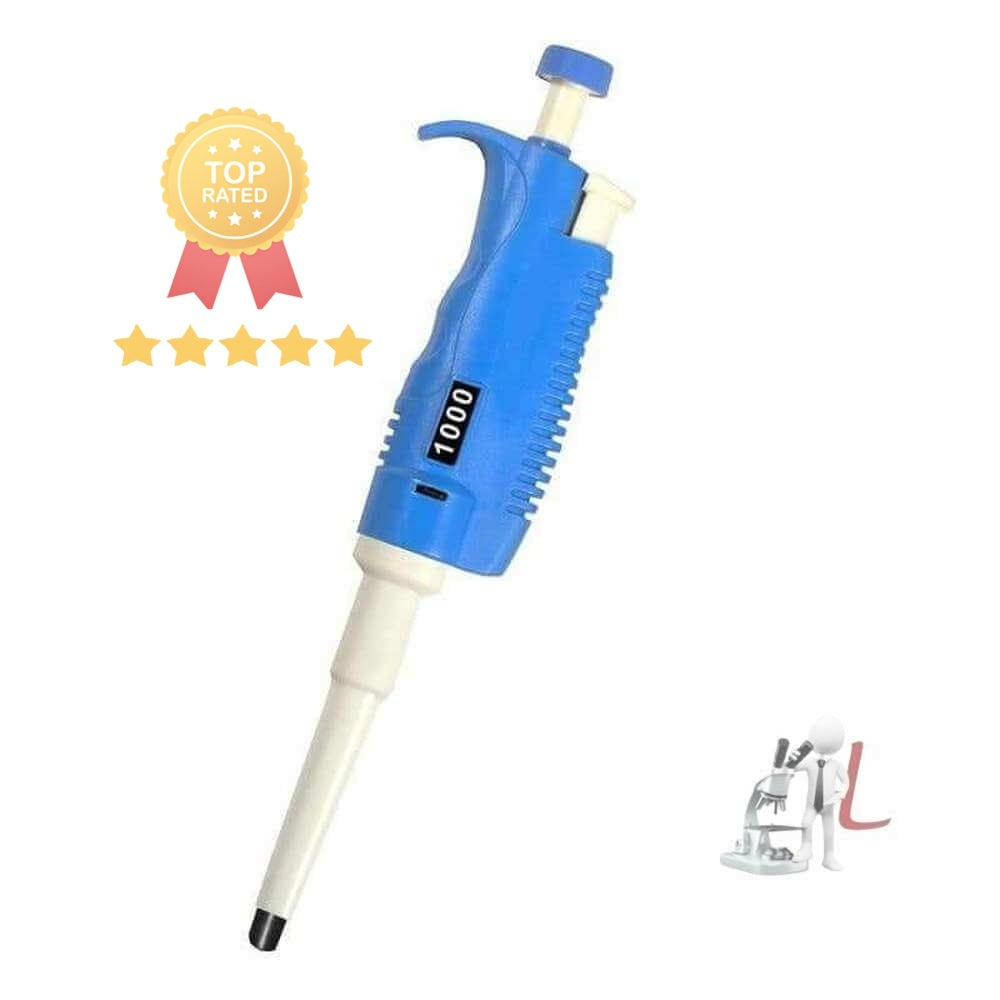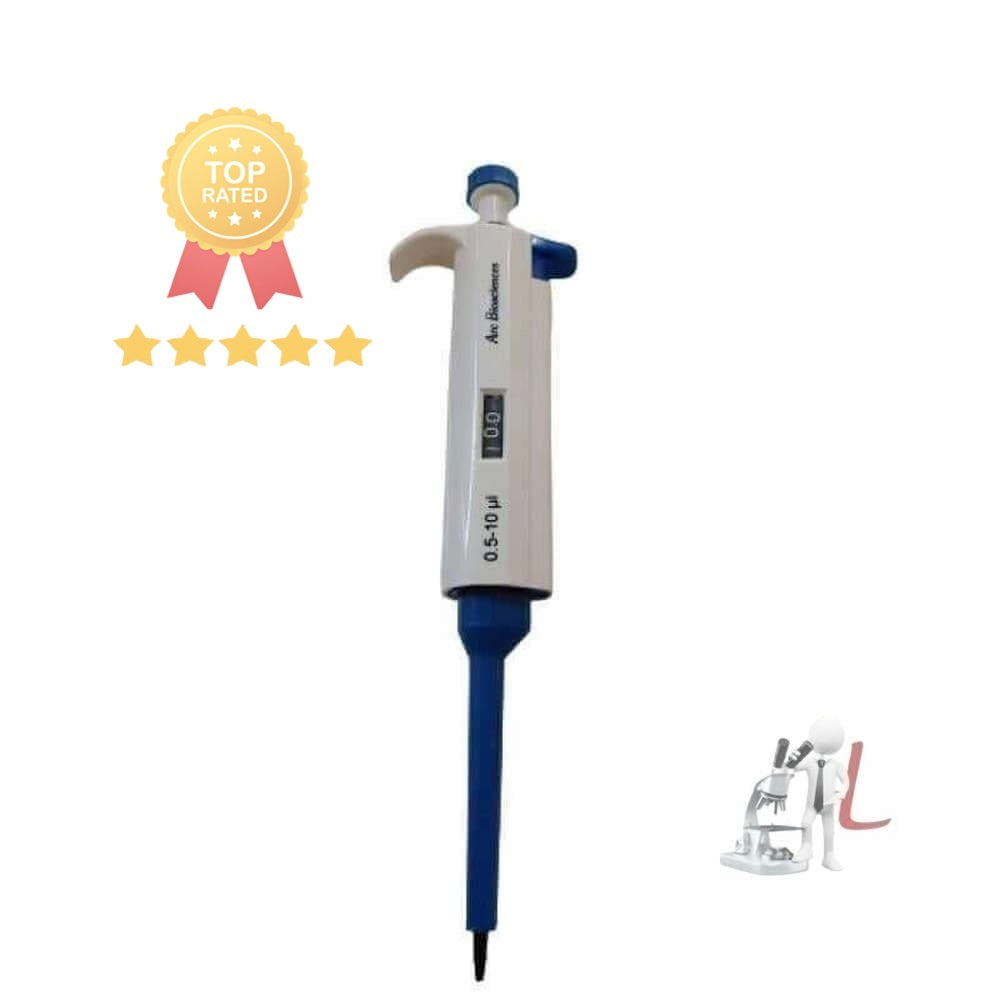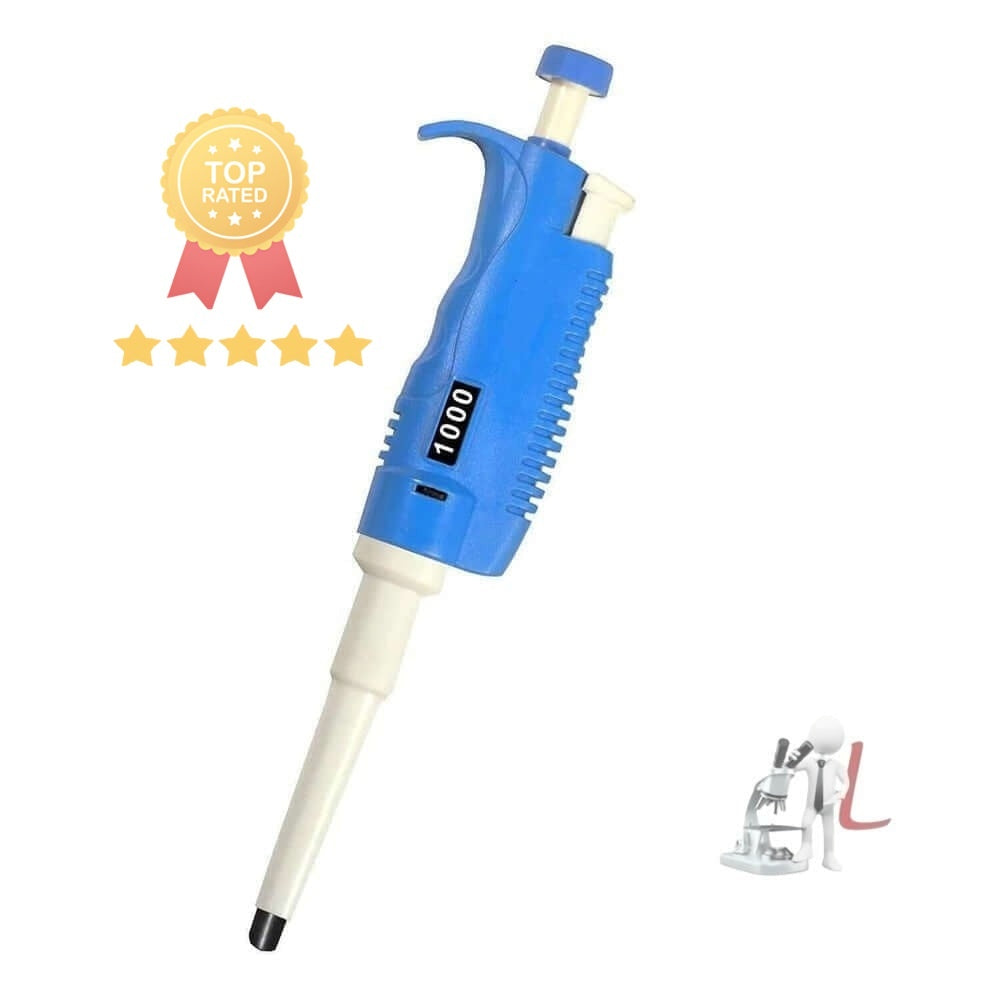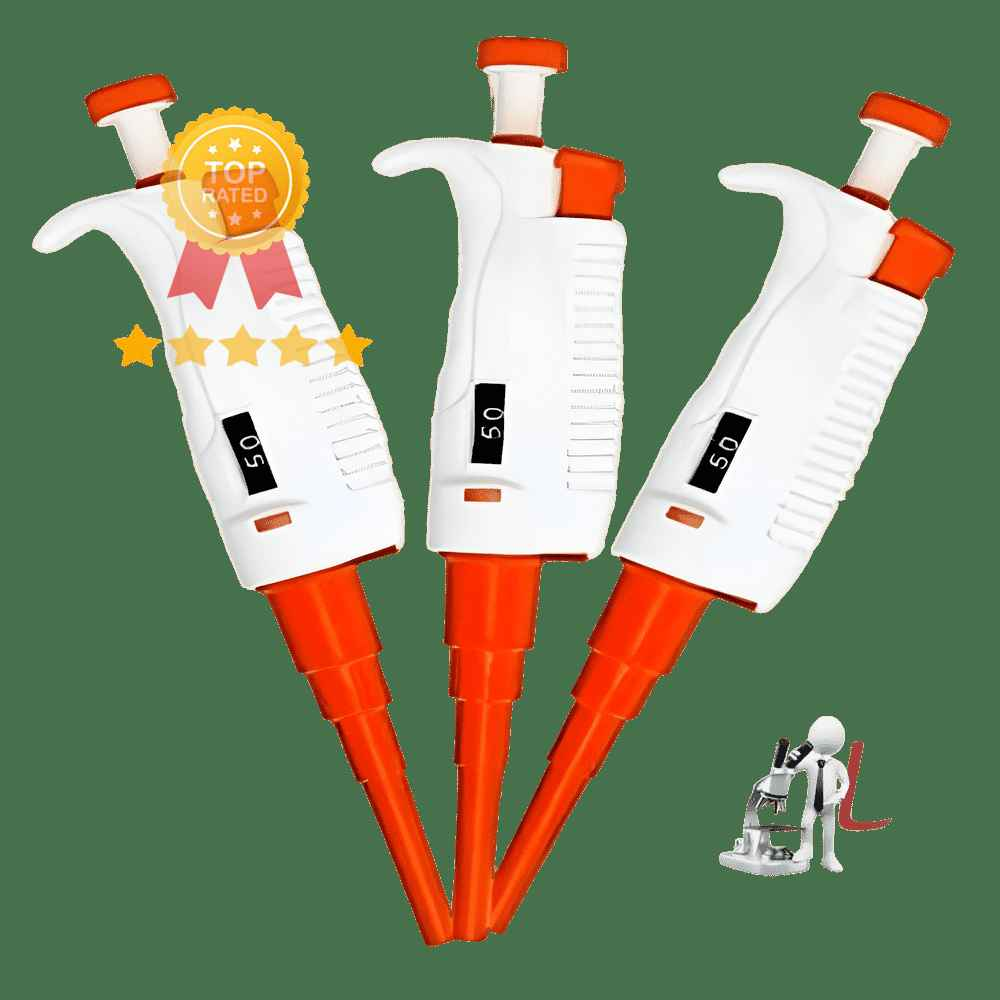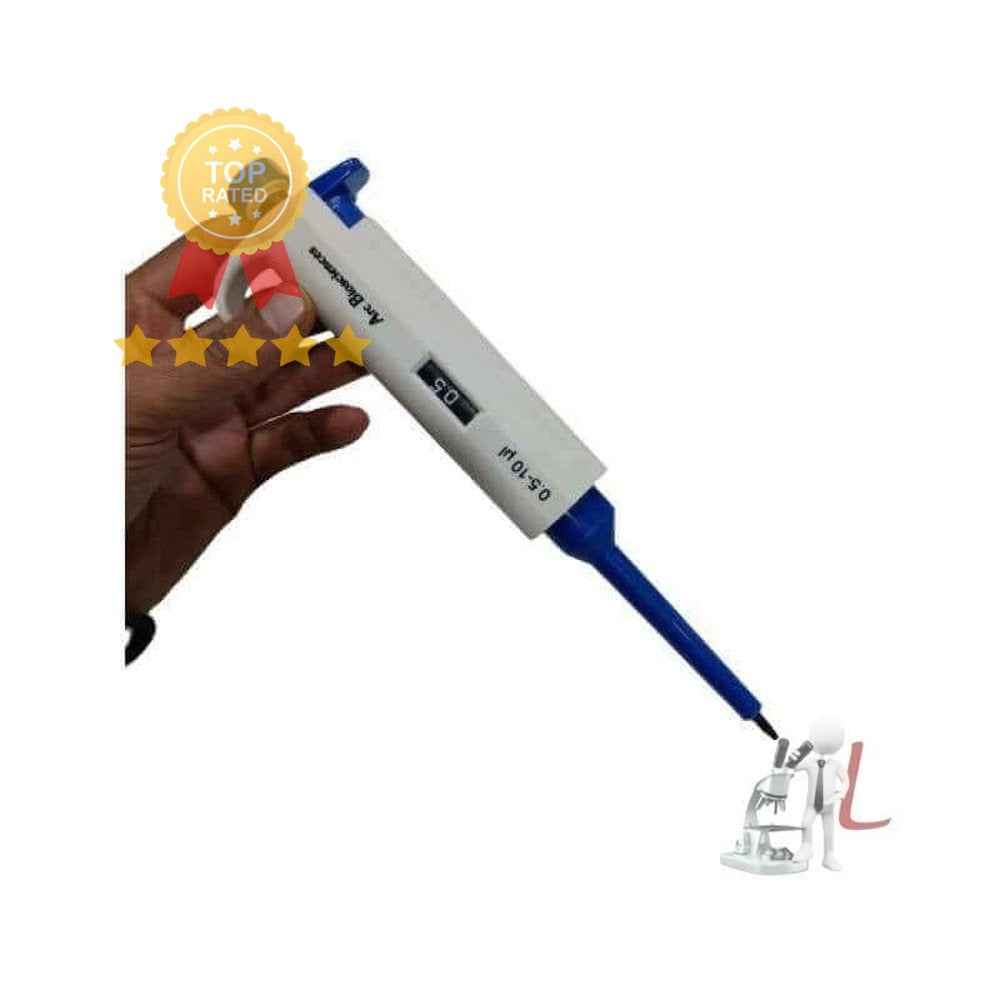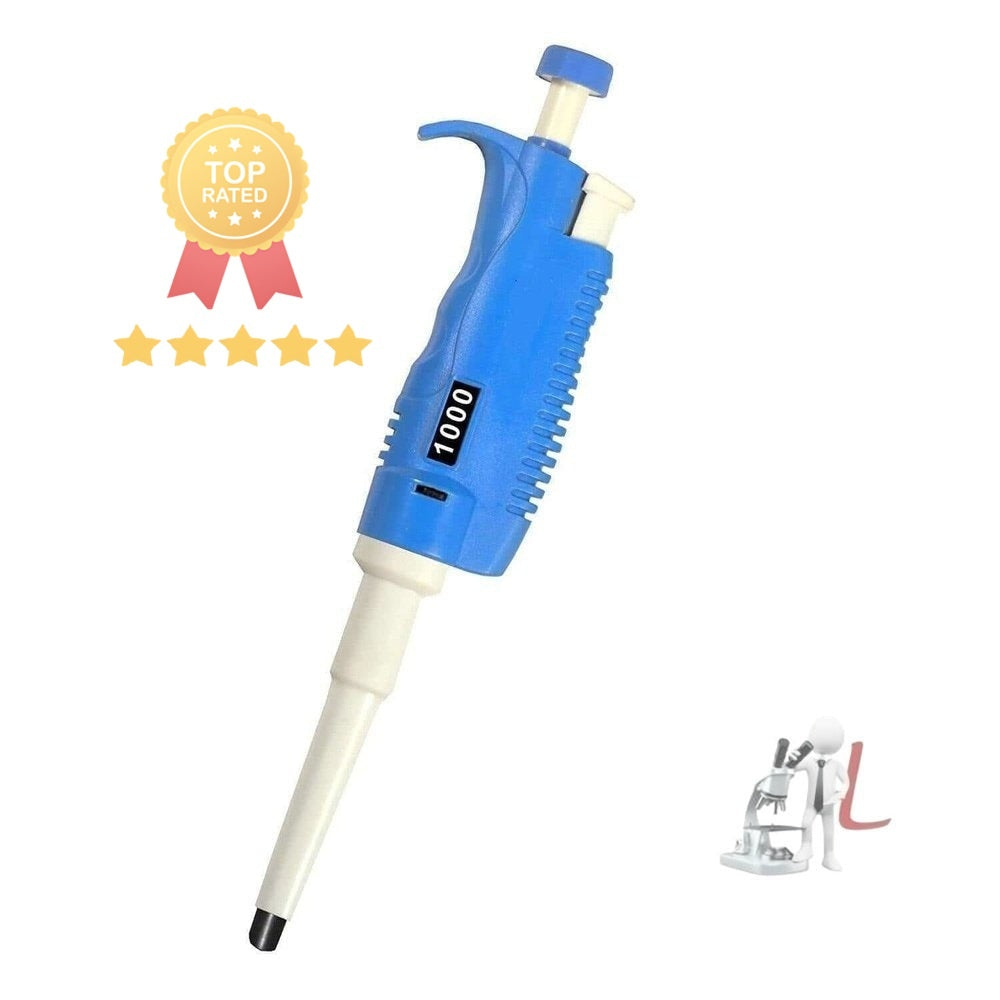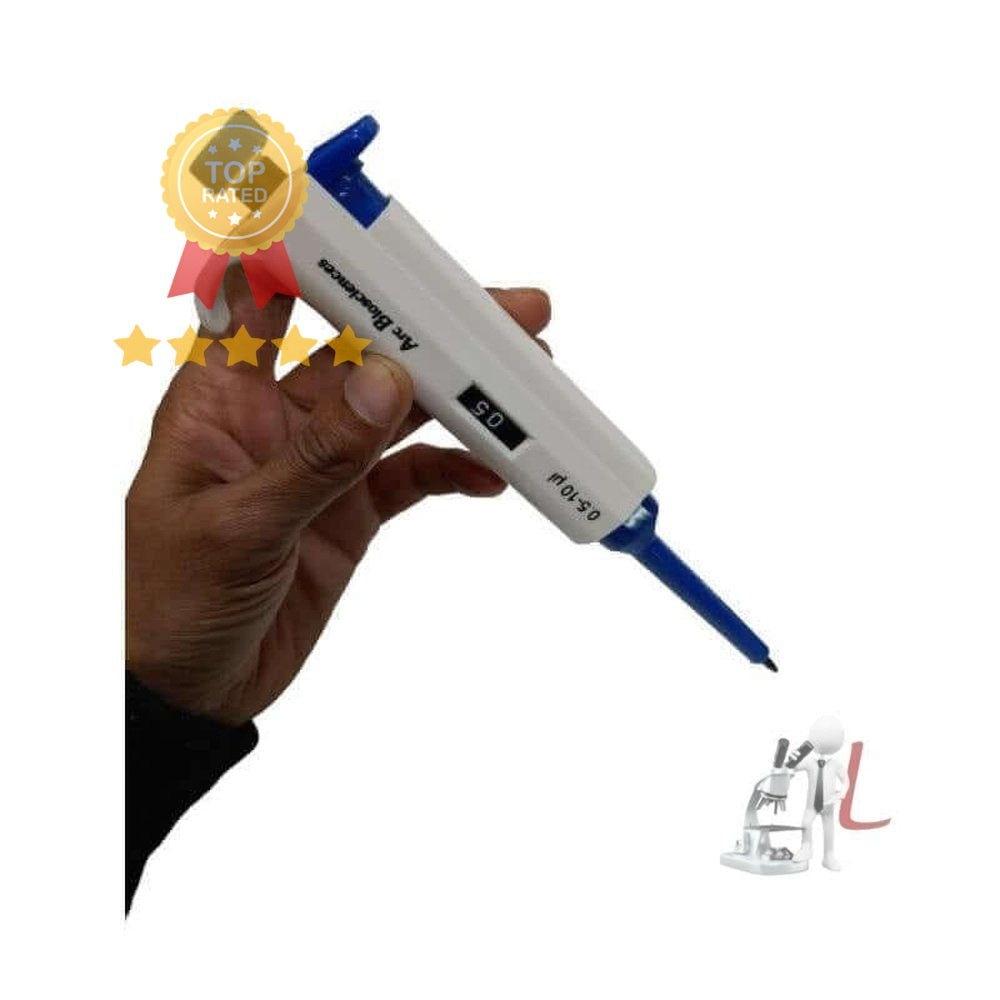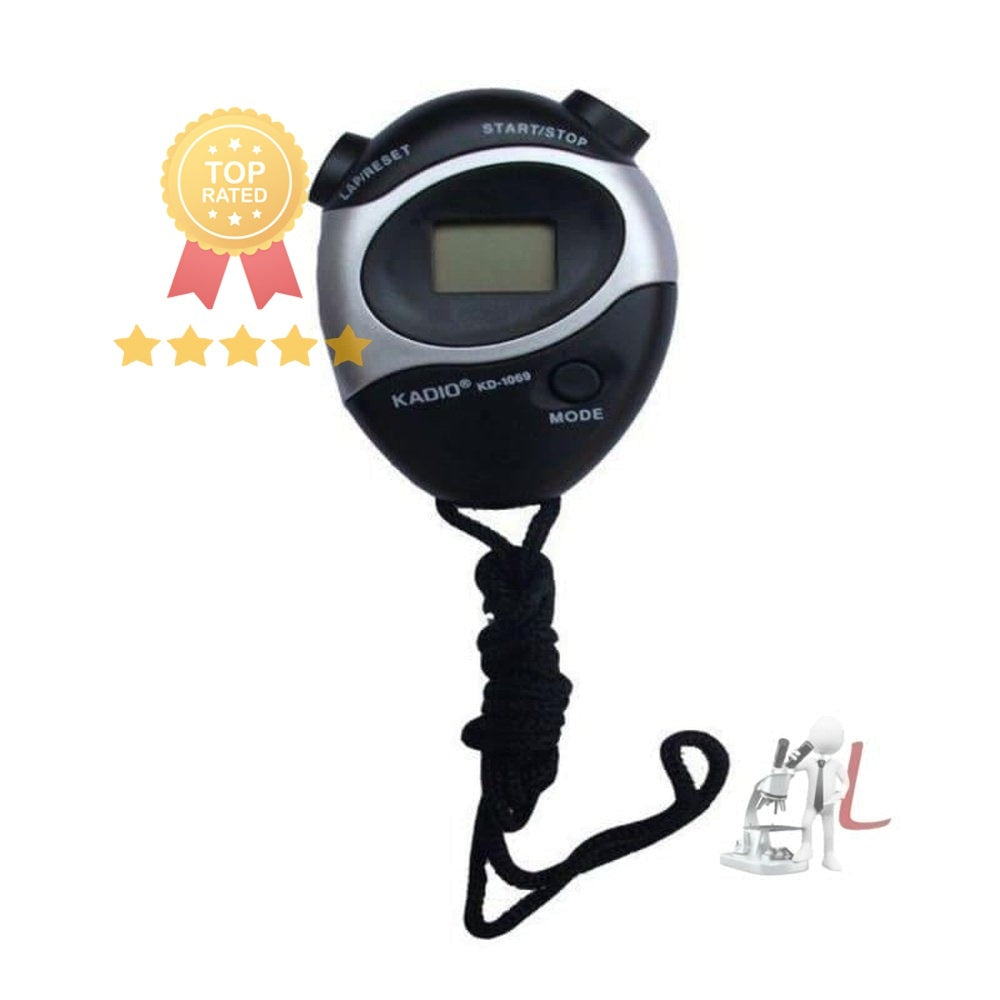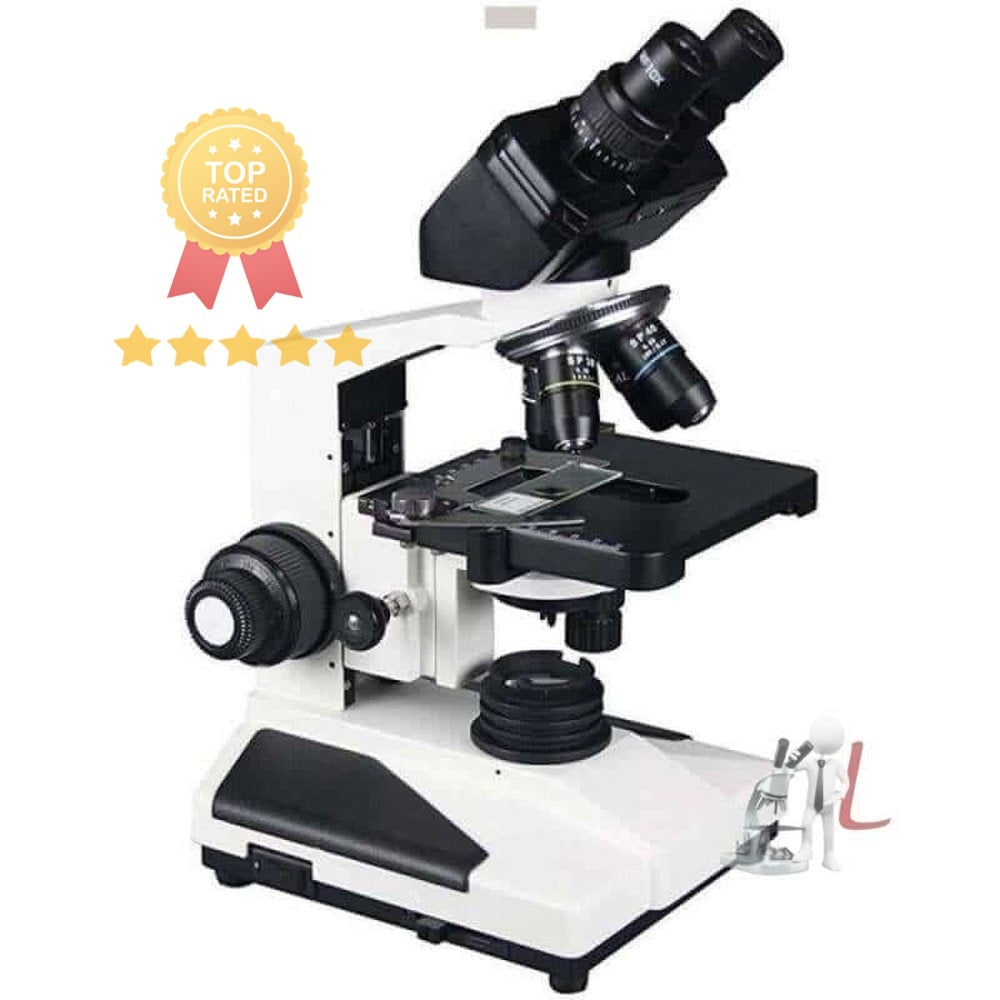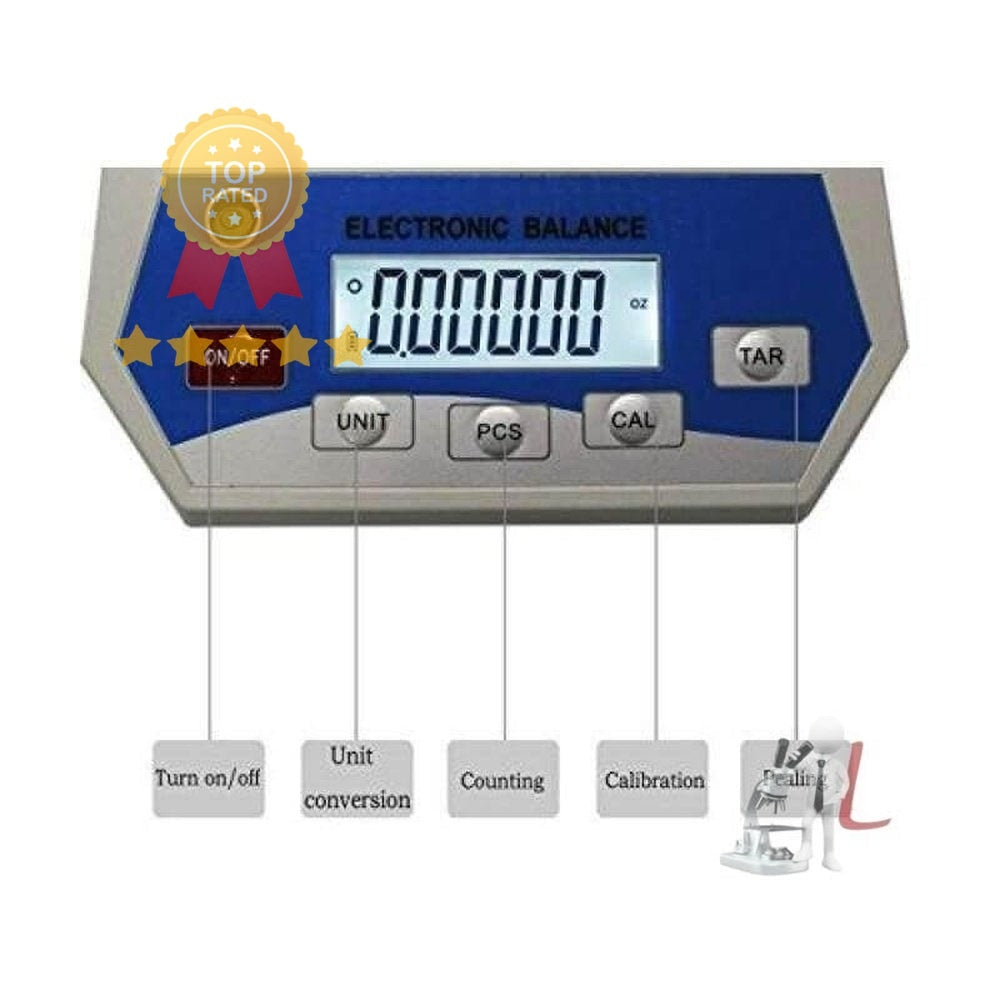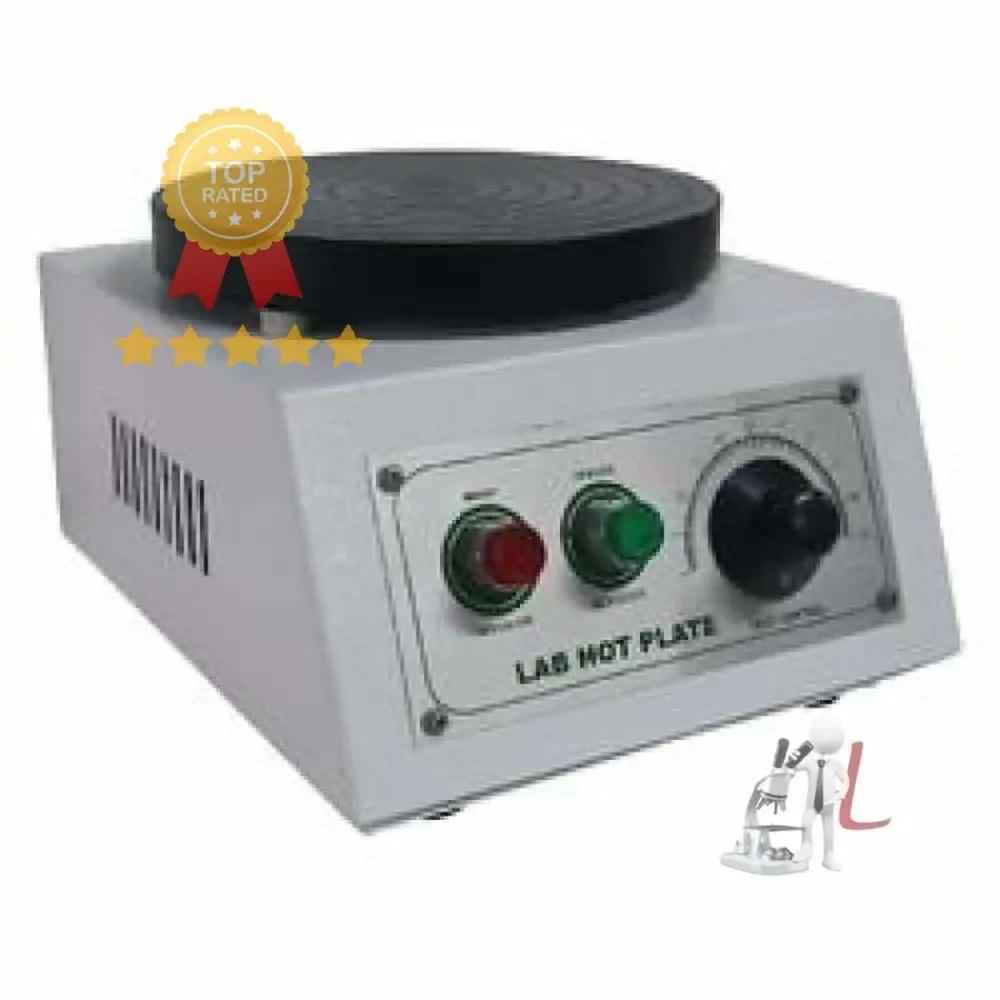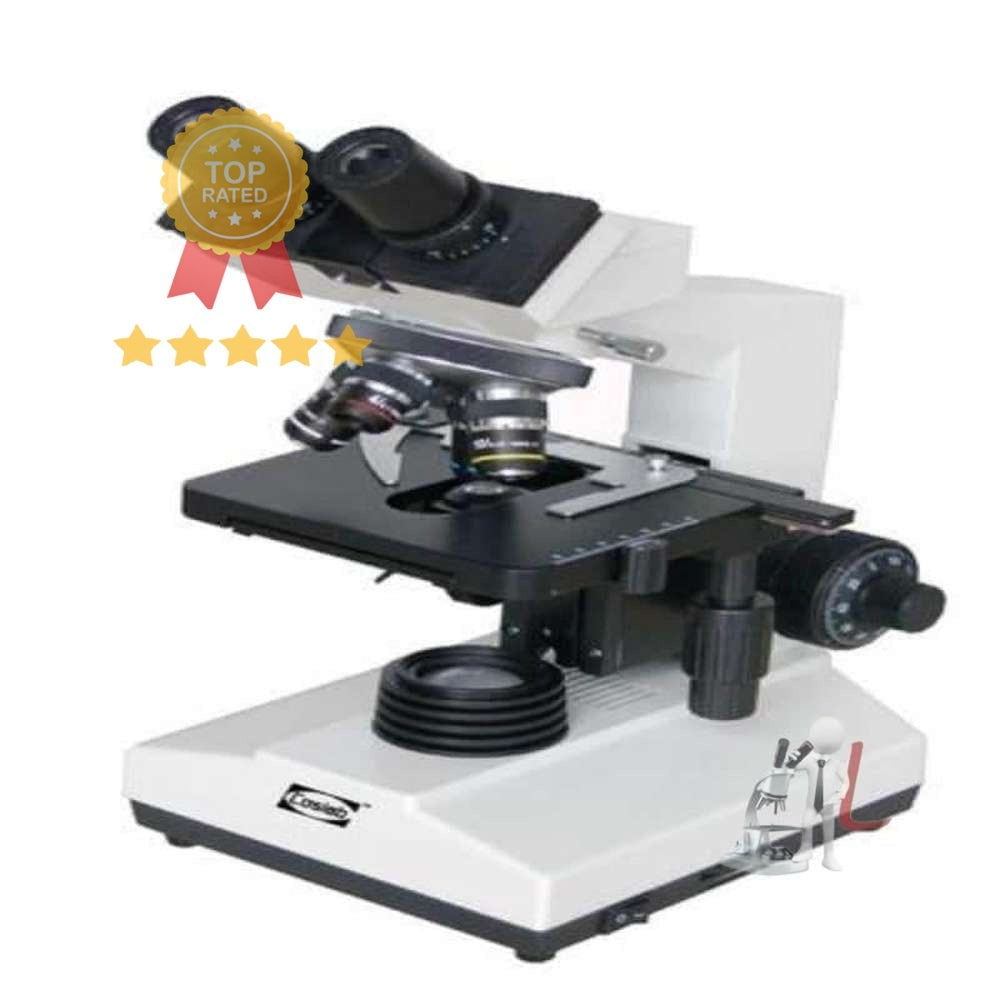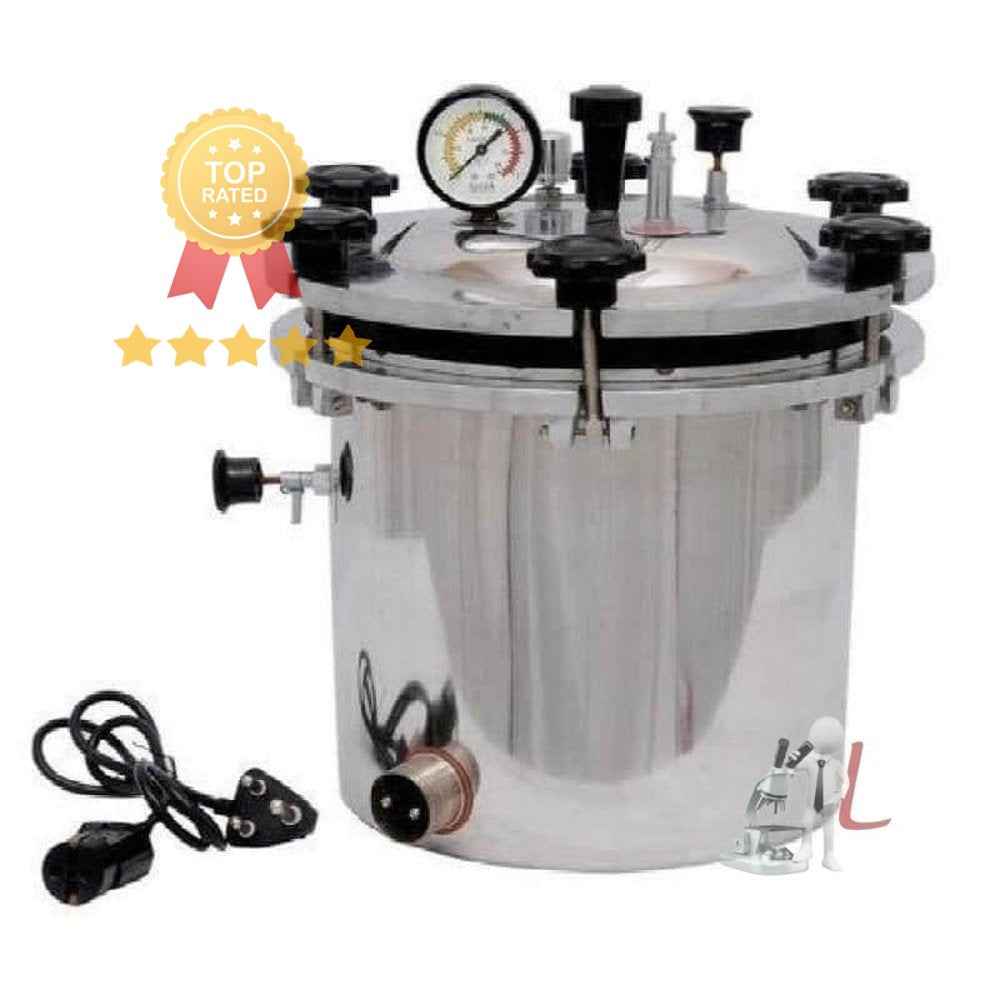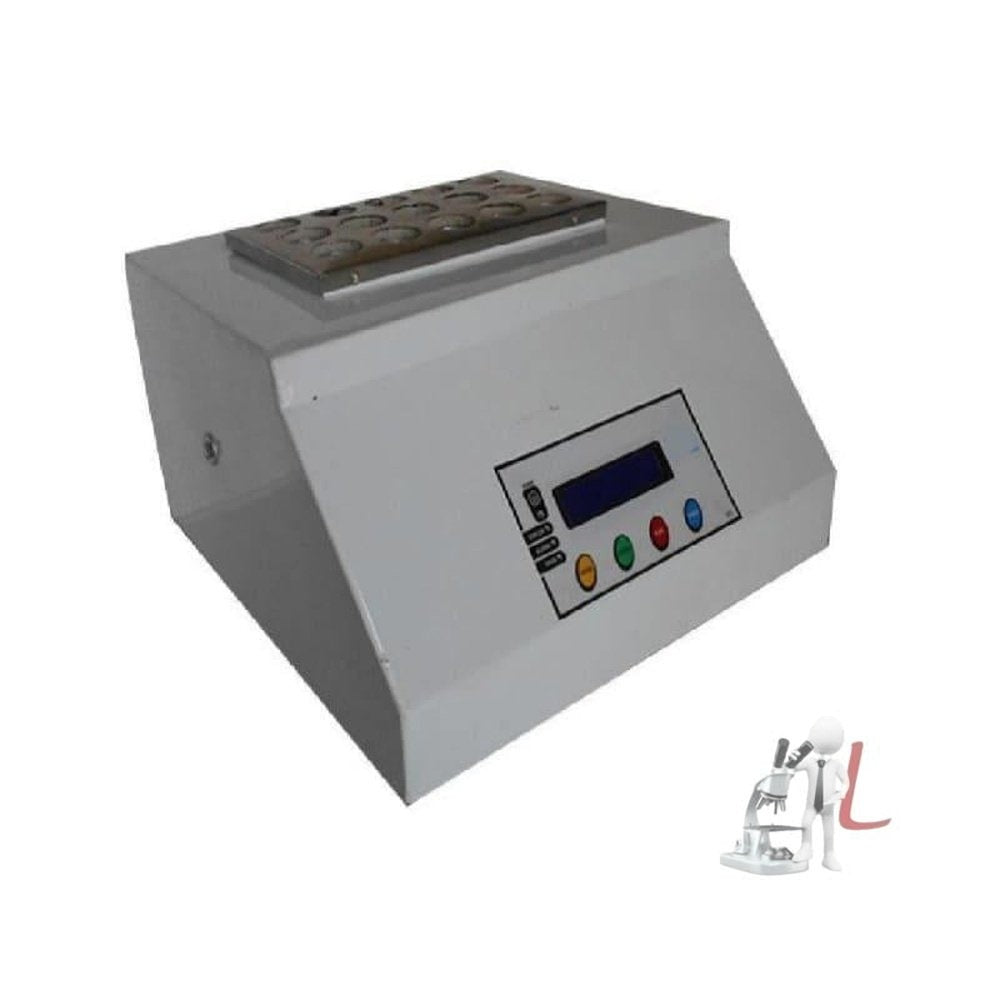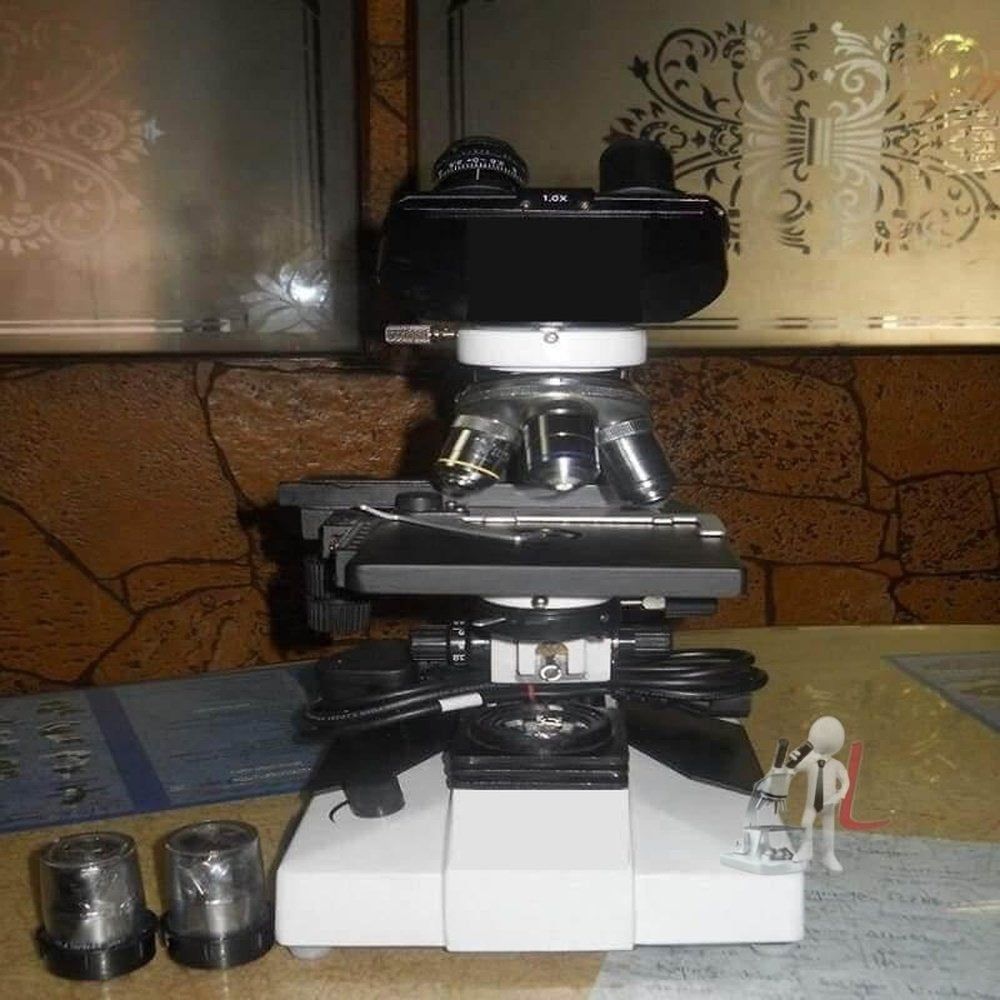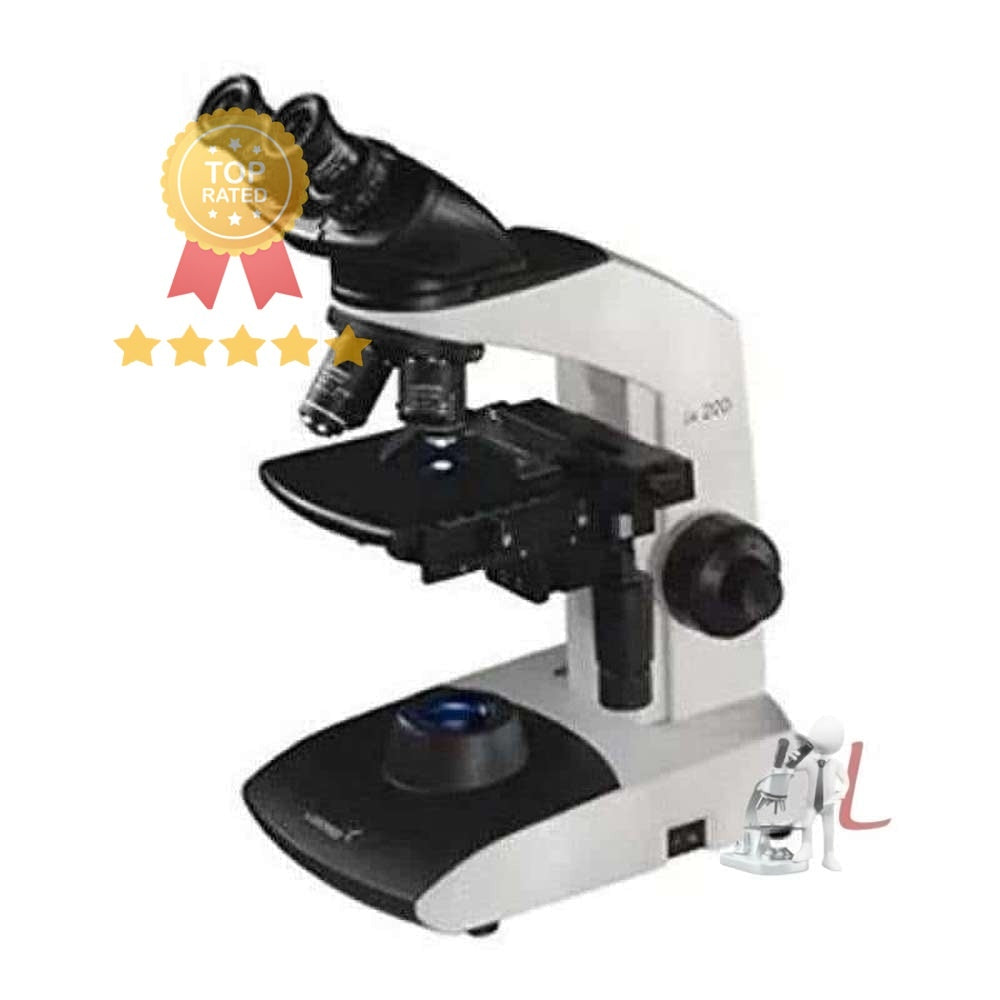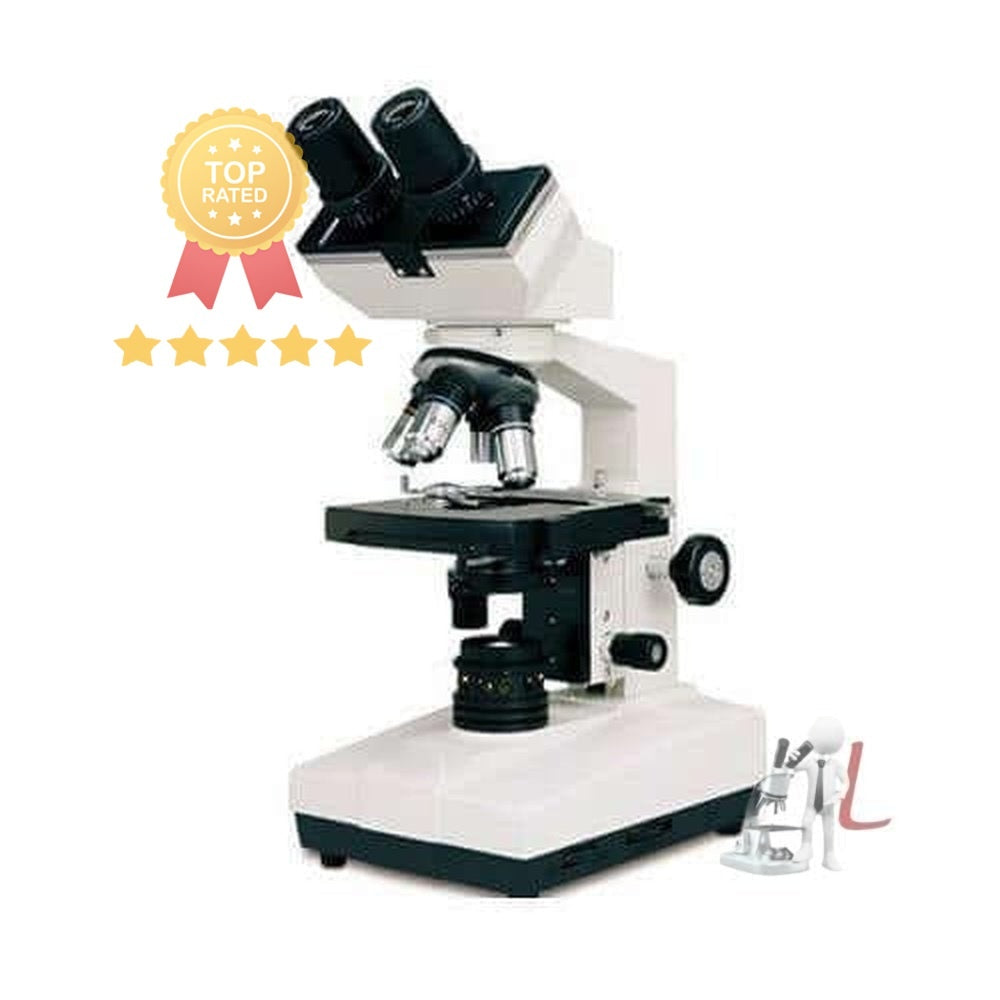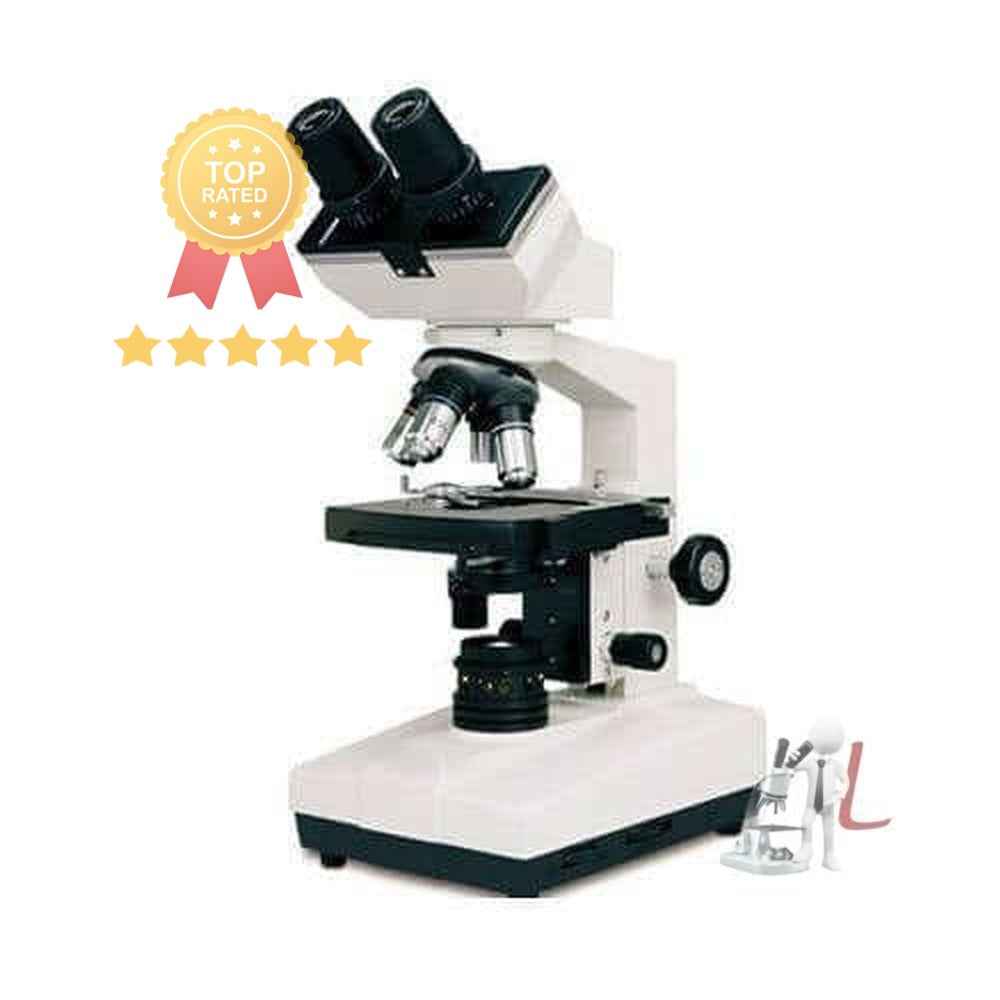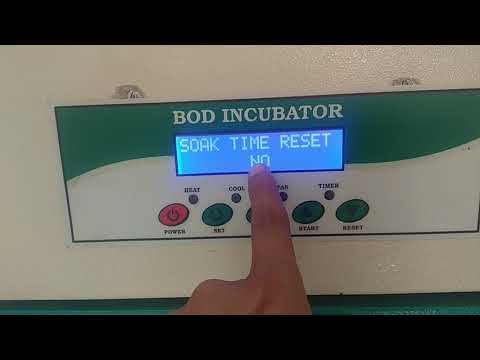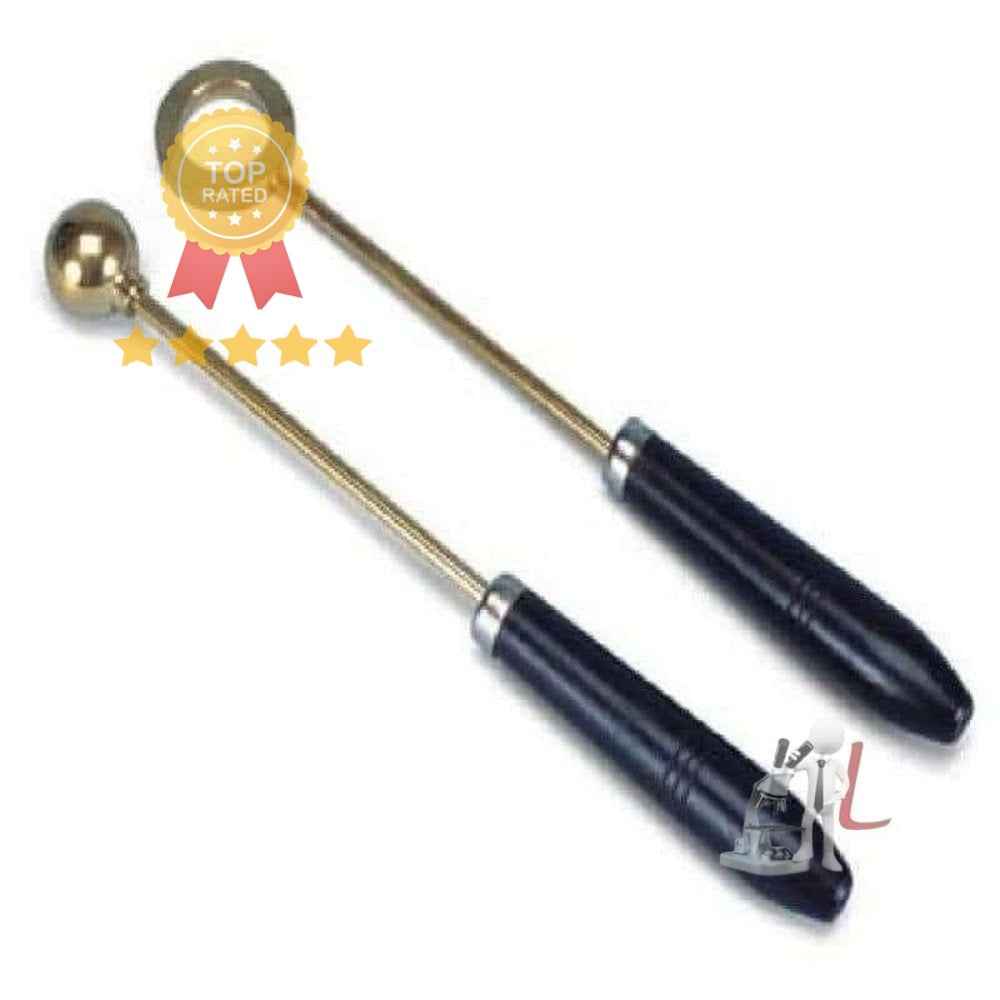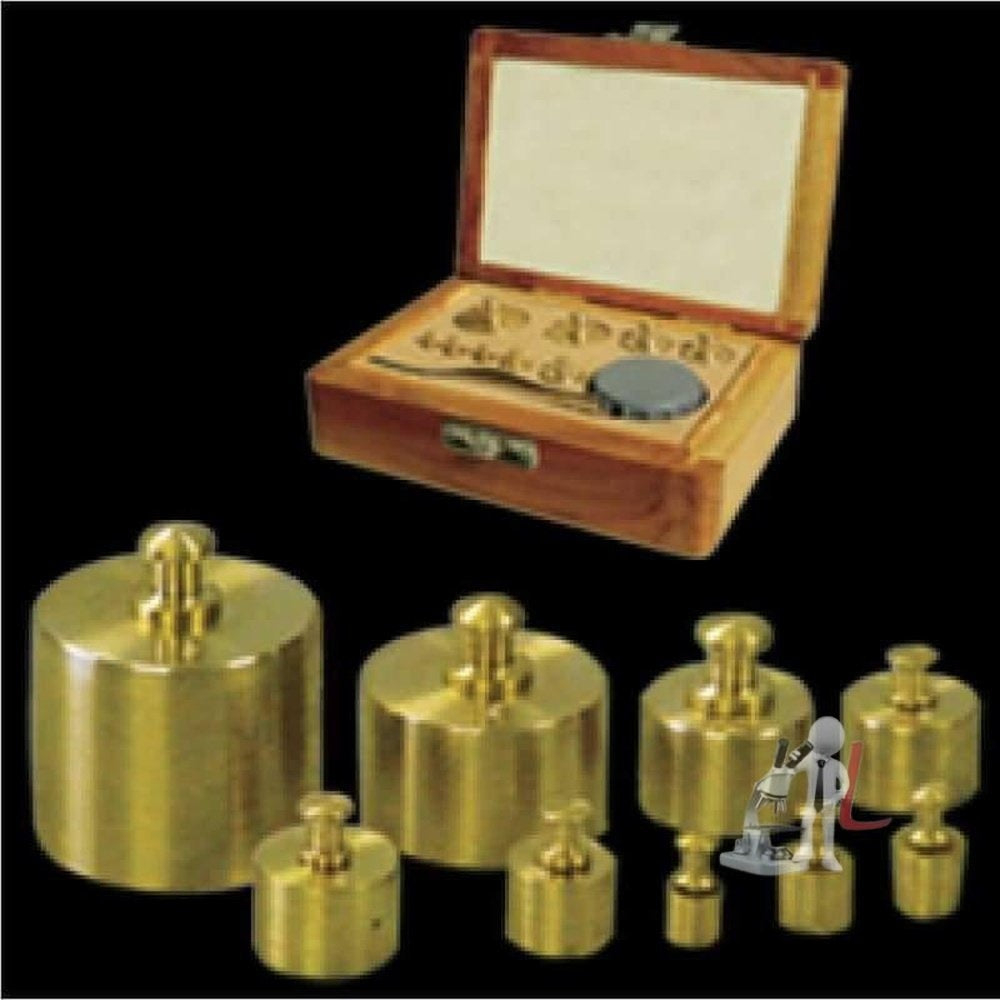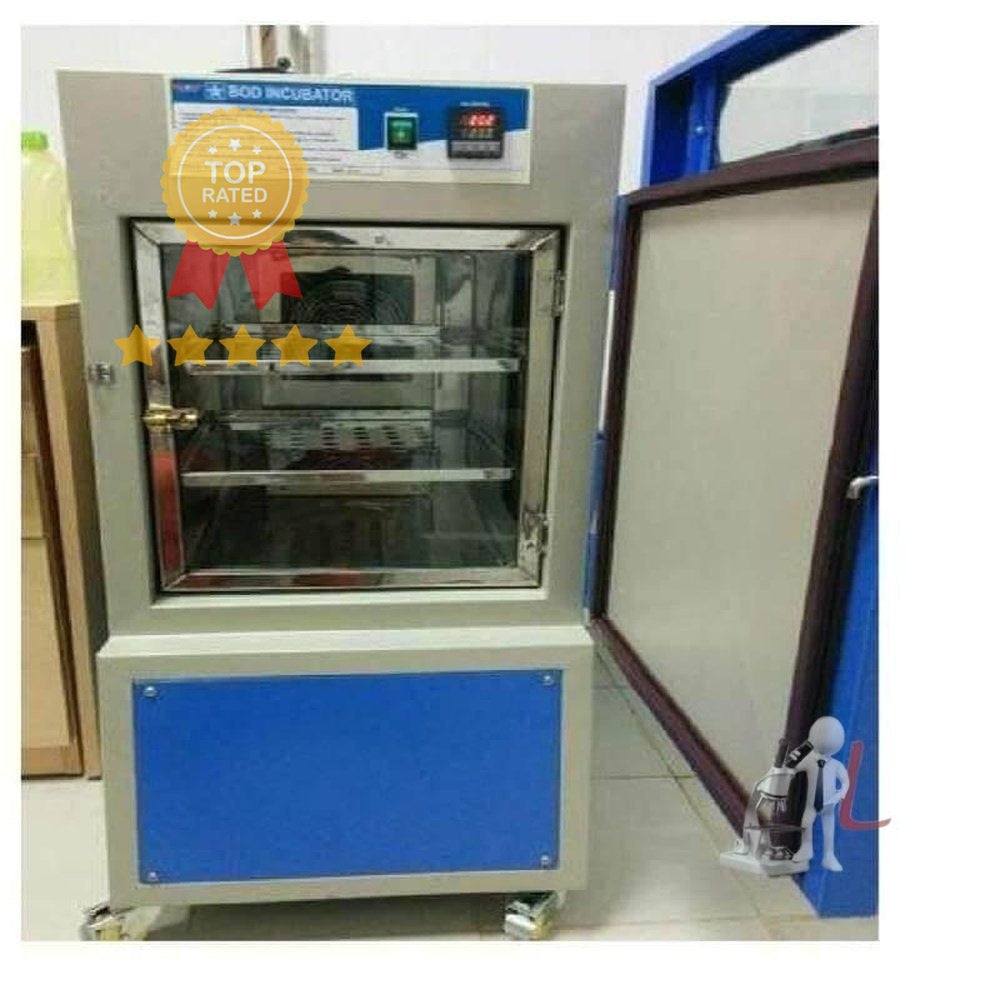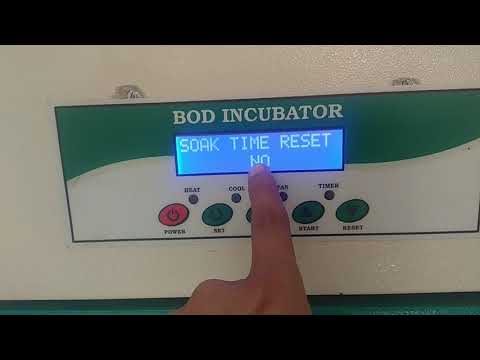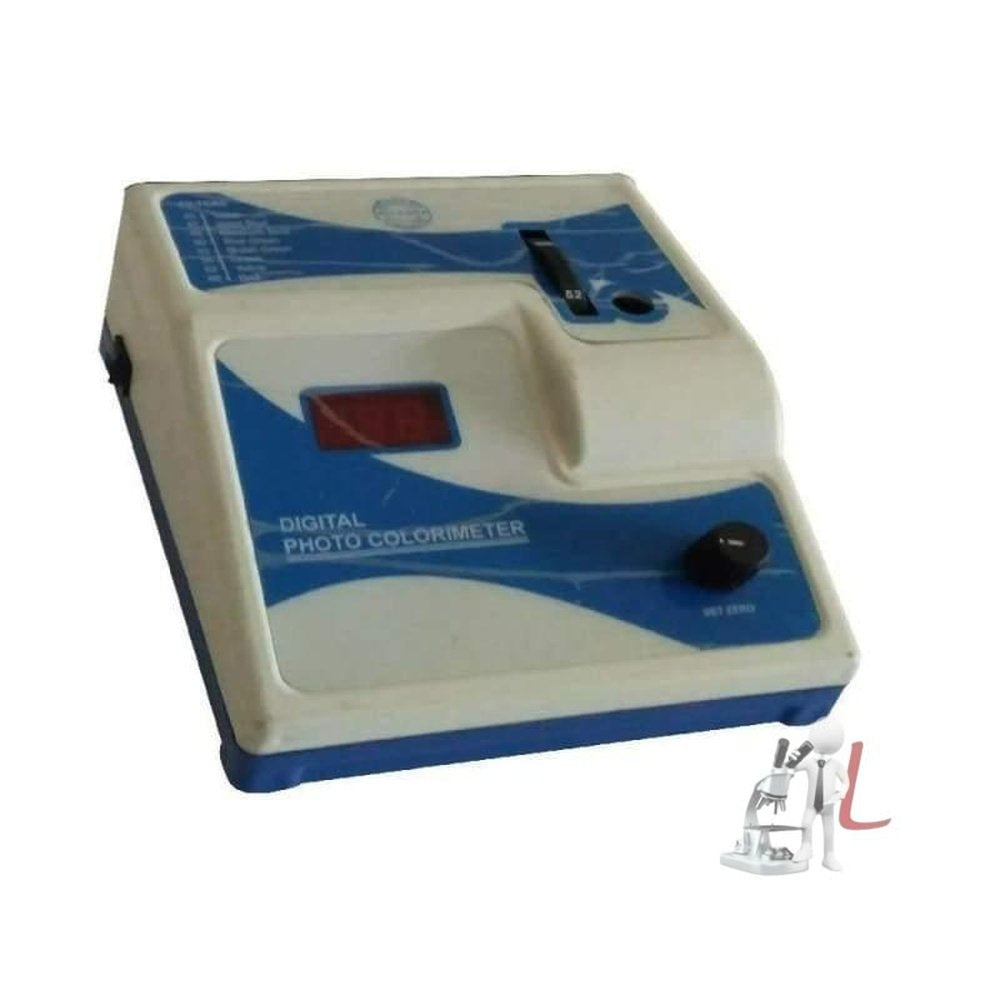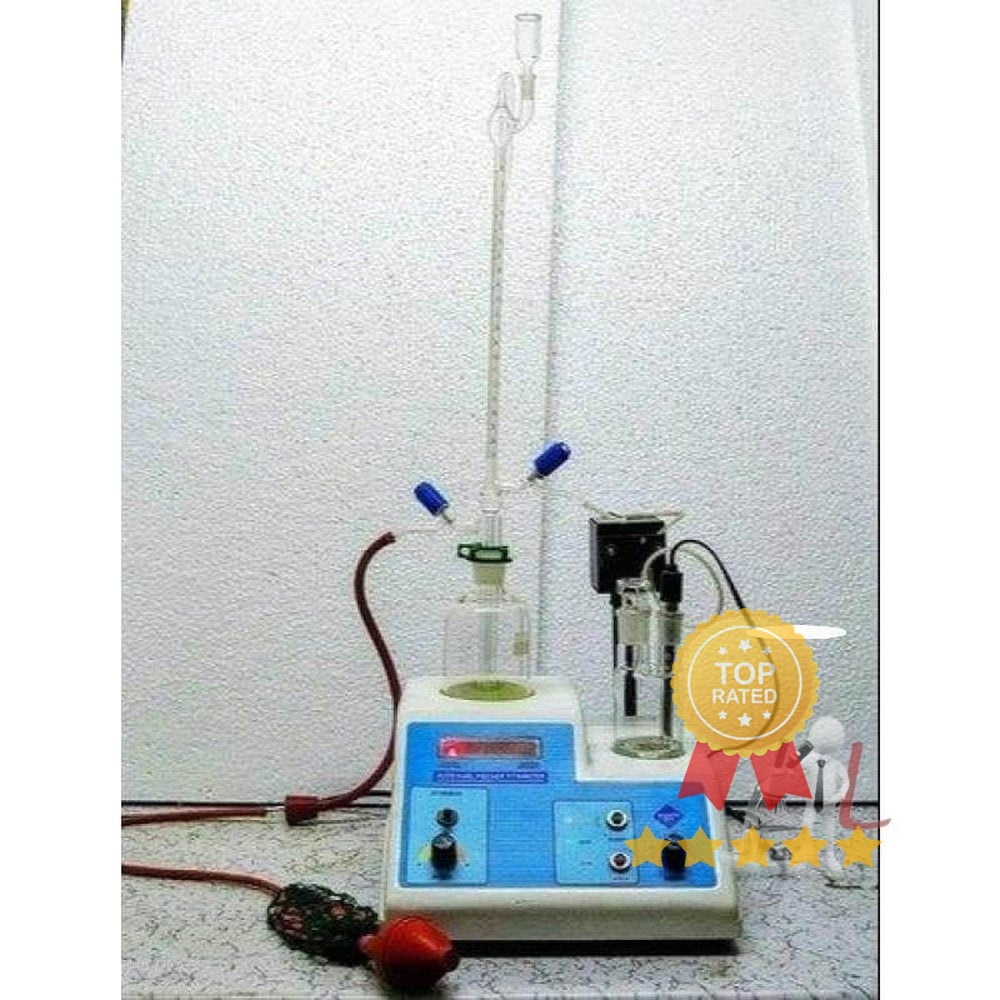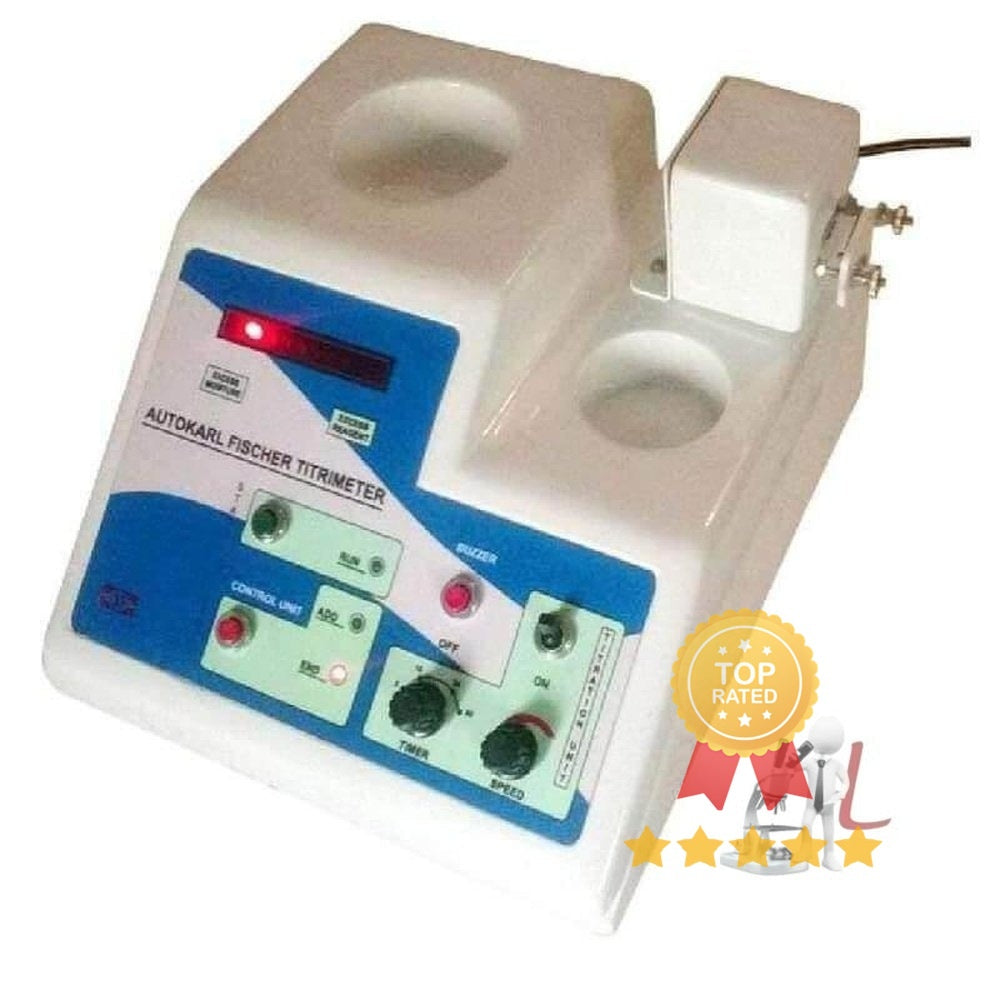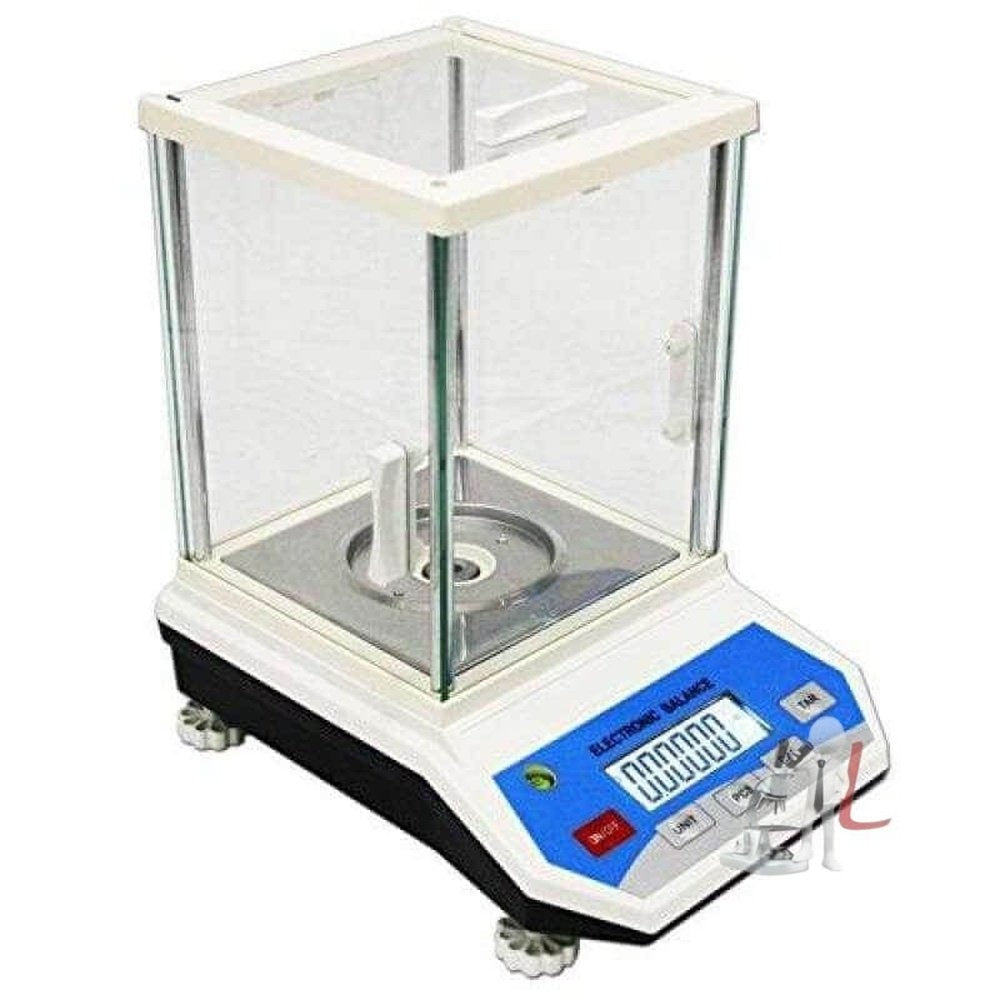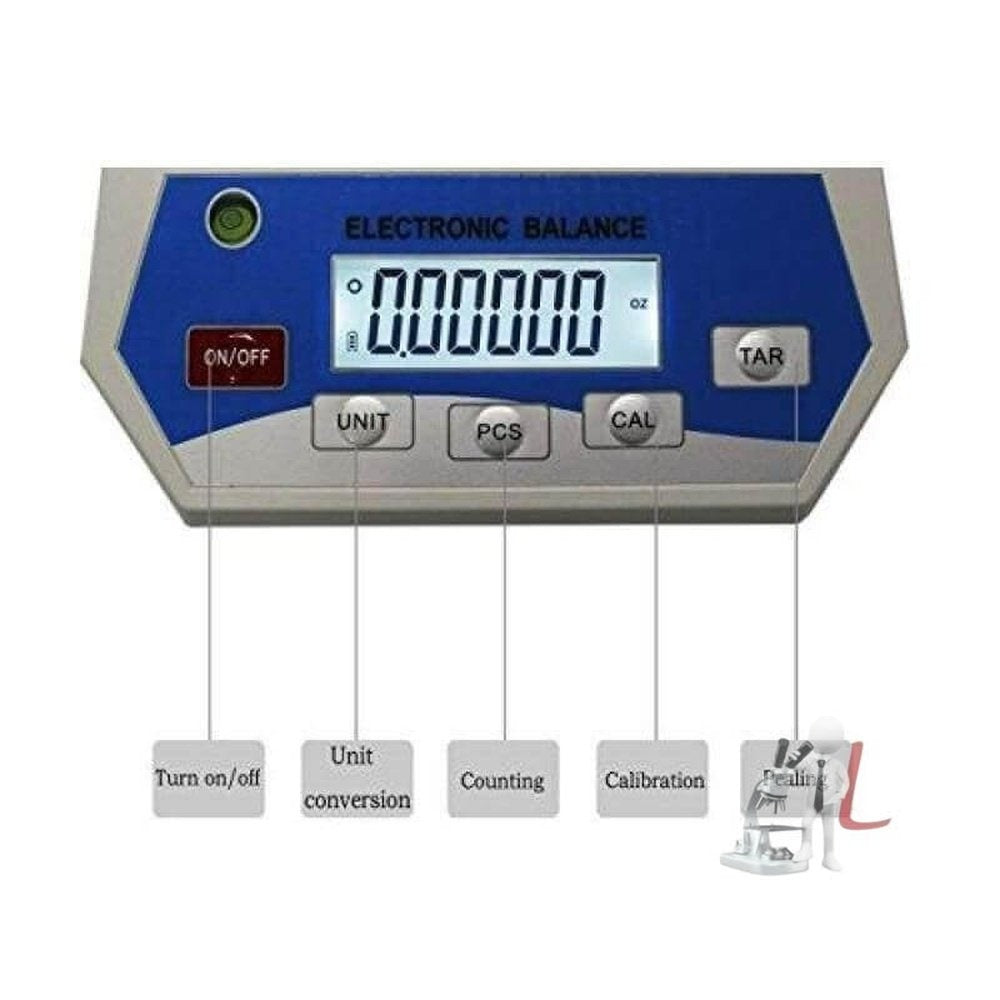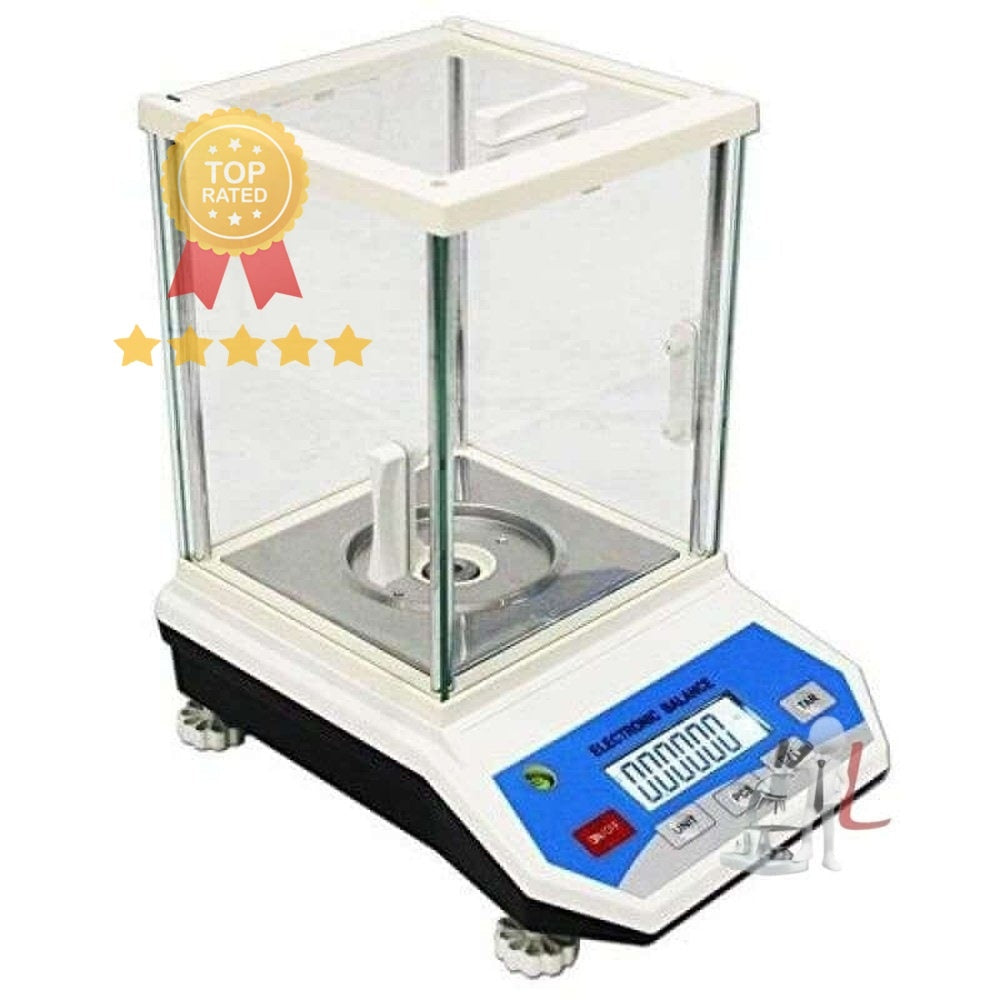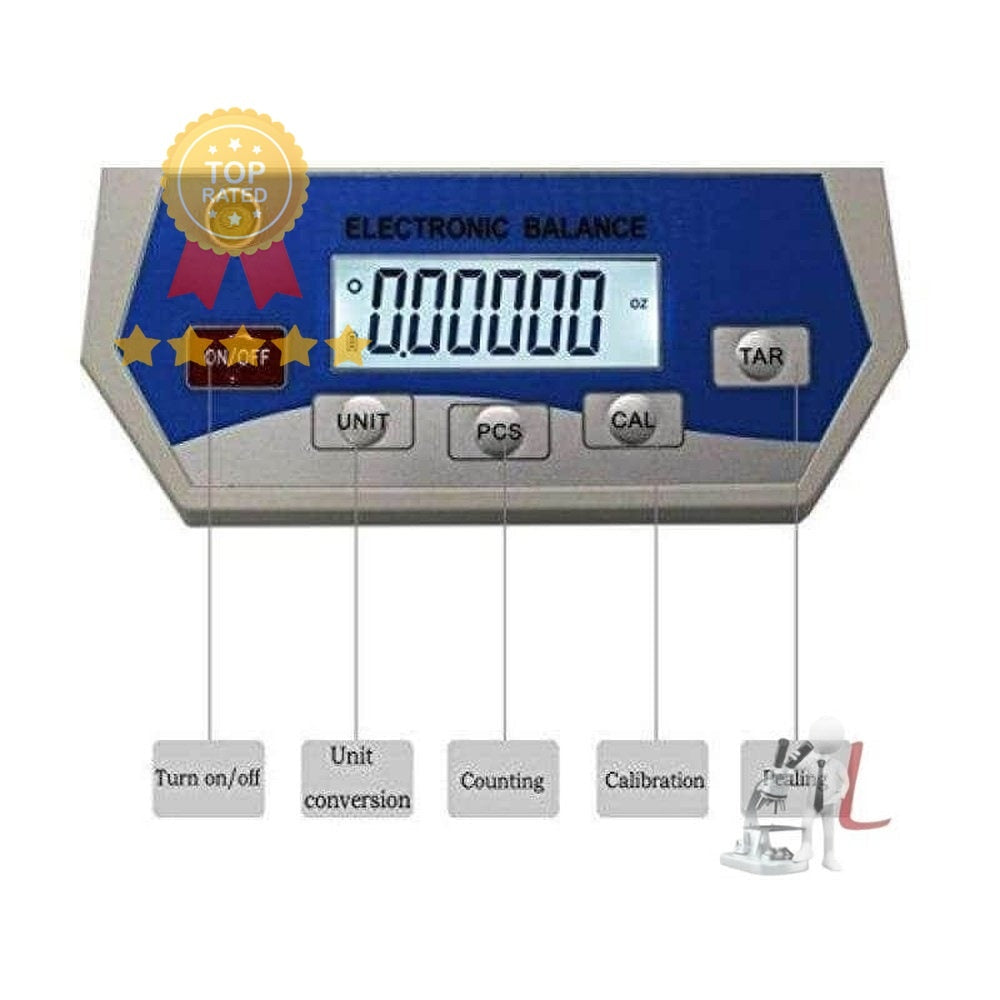Agronomy Lab Equipment for Precise Agricultural Research
Agronomy Lab Equipment is crucial for advancing agricultural research and practices. This type of equipment facilitates a variety of experiments and analyses that help in understanding the interactions between soil, plants, and agricultural inputs. By utilizing Agronomy Lab Equipment, researchers can gather essential data that informs crop management strategies, soil health assessments, and environmental impact studies.
To begin with, Agronomy Lab Equipment can include a wide range of tools and devices designed for specific functions. Examples of this equipment include soil moisture sensors, pH meters, spectrophotometers, and seed germination tests. Each piece of equipment serves a unique purpose, offering precise measurements that are vital in research settings.
Soil moisture sensors are critical in determining the water content in the soil, which directly influences plant growth. These sensors provide real-time data that helps farmers make informed decisions about irrigation practices, ensuring crops receive adequate moisture without over-watering. This is particularly important in regions prone to drought, where water conservation is essential.
Another essential piece of Agronomy Lab Equipment is the pH meter, which measures the acidity or alkalinity of the soil. The pH level can significantly affect nutrient availability to plants, and maintaining an optimal pH range is vital for healthy crop production. Researchers use pH meters to analyze soil samples and adjust soil amendments accordingly, promoting better soil health and crop yields.
Spectrophotometers are used in agronomy to analyze various nutrients and biochemical compounds in plants and soil. This equipment helps researchers quantify concentrations of elements like nitrogen, phosphorus, and potassium, which are critical for plant growth. Understanding the nutrient composition of soil enables agronomists to formulate effective fertilization strategies that meet the specific needs of different crops.
Seed germination testing is another aspect of agricultural research that relies on Agronomy Lab Equipment. This equipment assesses the viability and vigor of seeds, providing valuable insights into seed quality and potential crop performance. Conducting germination tests under controlled conditions allows researchers to evaluate how different factors such as temperature and moisture levels influence seedling development.
Moreover, agronomy labs often employ advanced technology, including automated systems and software, to enhance efficiency and accuracy in data collection and analysis. These technologies streamline research processes, allowing for larger-scale data management and quicker results, which are essential in responding to agricultural challenges promptly.
Field trials are another setting in which Agronomy Lab Equipment plays a critical role. Researchers set up experiments in natural environments to test hypotheses about crop performance and resilience under varying conditions. The data collected using lab equipment, in conjunction with field observations, informs future research and practical recommendations for farmers.
Furthermore, the integration of precision agriculture techniques integrates Agronomy Lab Equipment with field data to optimize inputs and enhance sustainability. Geographic Information Systems (GIS) and remote sensing technology are increasingly being incorporated into agronomy research, providing spatial data that complements lab results.
The importance of Agronomy Lab Equipment cannot be overstated. It provides the necessary foundation for scientific inquiry in agriculture, enabling researchers to identify trends, solve problems, and develop innovations that can lead to improved food security and sustainable practices.
As agricultural challenges continue to evolve due to climate change, population growth, and resource depletion, the role of agronomy research becomes even more critical. To address these challenges, continuous investment in Agronomy Lab Equipment is essential. Research institutions, universities, and agricultural organizations must prioritize the acquisition of updated and advanced tools to ensure that they remain at the forefront of agricultural science.
Agronomy Lab Equipment not only supports scientific exploration but also facilitates collaboration among researchers, agronomists, and farmers. Shared access to high-quality data and insights fosters an environment of innovation, where new techniques and methodologies can be developed and tested.
In conclusion, Agronomy Lab Equipment serves as the backbone of precise agricultural research. As the global demand for food continues to rise, so does the necessity for advanced research methodologies that can enhance agricultural productivity and sustainability. Investing in top-notch agronomy equipment is an investment in the future of agriculture that will benefit both researchers and the farming community alike.
Filter
Sort by

